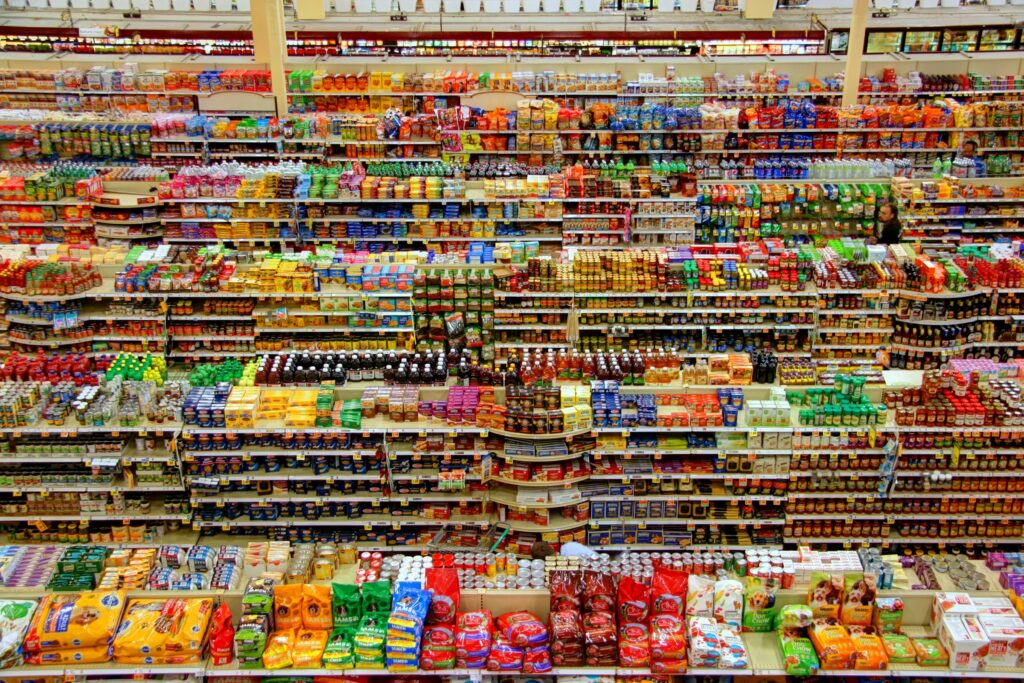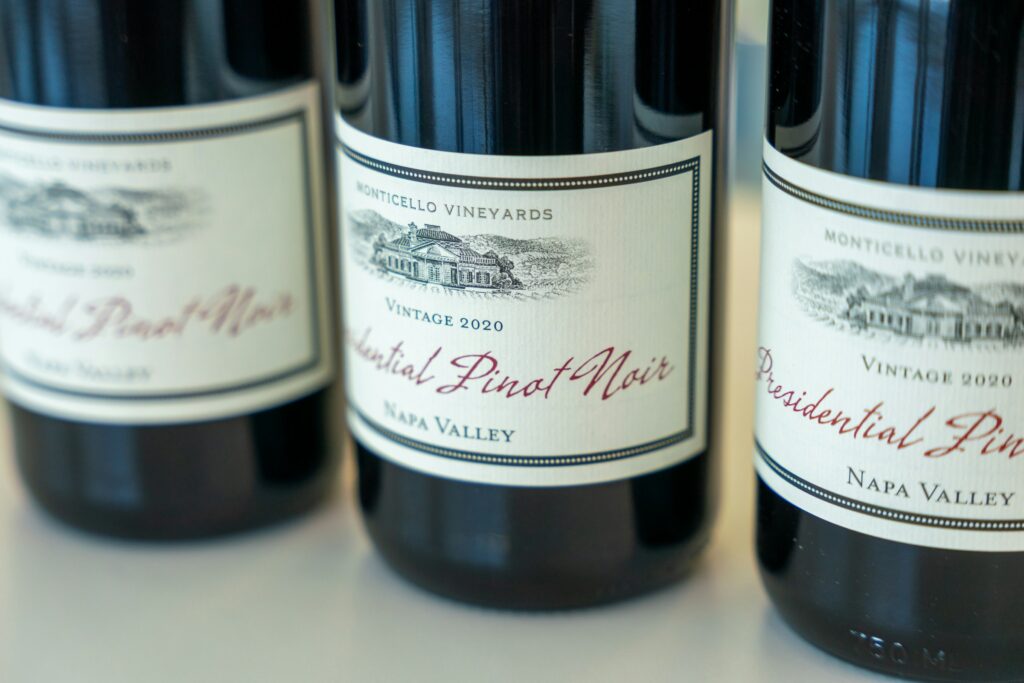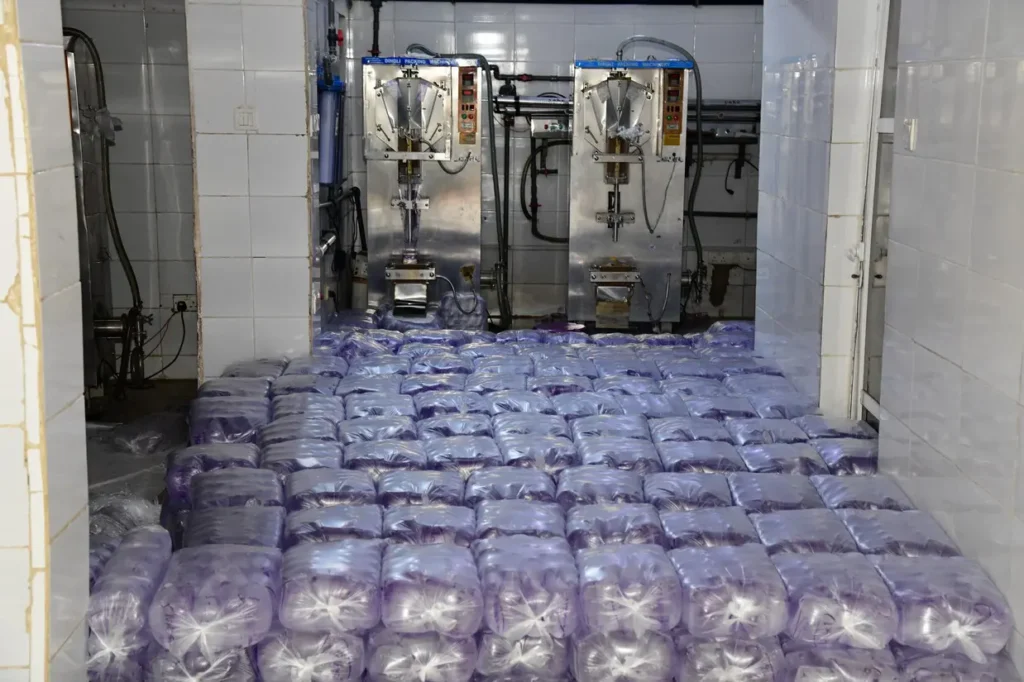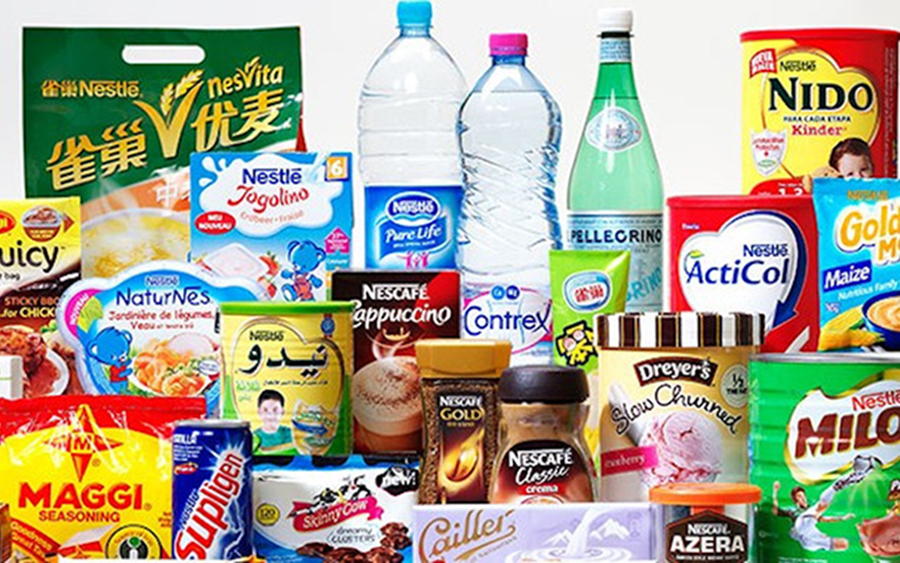
If you are looking to invest in consumer goods stocks in 2025, two names probably keep popping up: Nestle Nigeria and Dangote Sugar. Both are top in the Nigeria’s consumer goods sector, and produce good dividends. Nestle and Dangote Sugar have strong brand recognition, and both have made investors money over the years. If you had to choose just one for your portfolio today, which should it be?
This article will provide detailed comparison to help you understand the strengths, weaknesses, and investment potential of both companies so you can make an informed decision about which best consumer stocks in Nigeria deserves your hard-earned money.
What do Nestle Nigeria and Dangote Sugar Produce?
Nestle Nigeria Plc manufactures and sells food products and beverages. Their portfolio includes household names like Milo, Maggi, Golden Morn, Nescafé, and Cerelac. The company has been operating in Nigeria since 1961 and is part of the global Nestle Group, the world’s largest food and beverage company.
Dangote Sugar Refinery Plc is Nigeria’s leading sugar refining company, controlling approximately 70% of the country’s sugar market. The company refines raw sugar into refined sugar sold to consumers and industrial users. It’s part of the Dangote Group, Africa’s largest conglomerate.
Both companies operate in essential goods sectors, meaning people need their products regardless of economic conditions. But that’s where the similarities end.
Comparison Between the Two Consumer Goods Stocks in 2025
Product Diversification
Nestle operates across multiple product categories such as beverages, seasonings, infant nutritions, and breakfast cereals.
- Beverages – Milo, Nescafé, Nespray
- Culinary products – Maggi seasoning cubes and sauces
- Infant nutrition – Cerelac, NAN
- Breakfast cereals – Golden Morn
Nestle diversification across different categories means if sales slow down in one area, others can compensate. For example, if people cut back on expensive infant formula during tough times, they might buy more affordable Maggi cubes, keeping overall revenue stable.
Dangote Sugar on the other hand is limited but dominant. It focuses on one main product which is refined sugar. While this might sound risky, the company’s 70% market share gives it enormous pricing power and economies of scale.
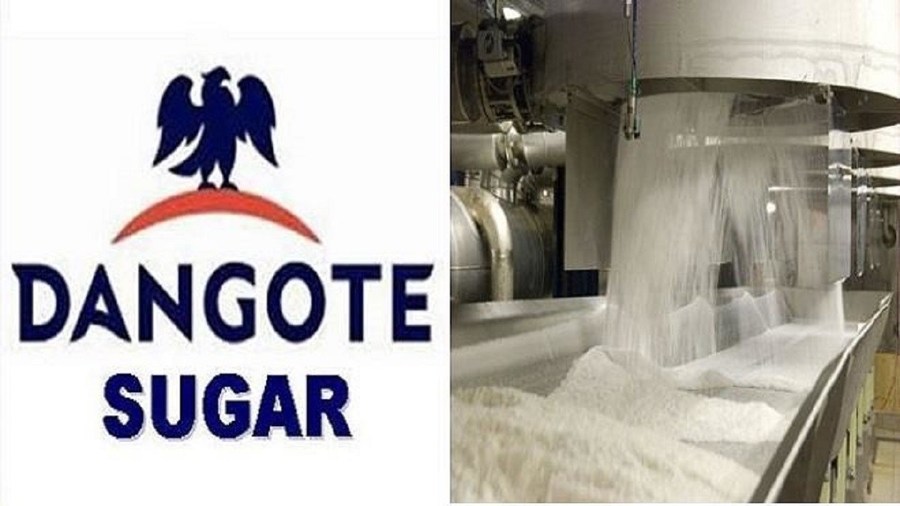
However, this concentration means the company’s fortune is tied to sugar demand and prices. Any shift in consumer behavior away from sugar or government policy changes affecting sugar imports could significantly impact the business.
Nestle’s diversification provides better risk protection for investors seeking stability.
Financial Performance: Nestle Nigeria vs Dangote Sugar
i. Revenue Growth
Nestle Nigeria reported revenue of ₦537 billion in 2024, showing resilience despite Nigeria’s economic challenges. The company has maintained relatively steady revenue growth, averaging 8-12% annually over the past five years.
Dangote Sugar generated revenue of approximately ₦460 billion in 2024. The company’s revenue is more volatile, heavily influenced by foreign exchange rates (since raw sugar is imported) and government policies on sugar importation.
ii. Profitability
Nestle Nigeria maintains strong profit margins due to its premium pricing strategy and brand strength. The company’s net profit margin typically ranges between 15-20%, among the highest in Nigeria’s consumer goods sector.
Dangote Sugar on the other hand, operates with thinner margins (usually 8-12%) because sugar is more of a commodity product with limited pricing flexibility. However, the company’s massive scale helps maintain profitability.
Dividend History
Nestle Nigeria has an excellent dividend track record, consistently paying shareholders even during difficult years. Recent dividend yields have ranged from 4-6% annually. In 2024, the company declared ₦38 per share, rewarding long-term investors handsomely.
Dangote Sugar also pays regular dividends, though yields are typically lower (3-5%). The company has maintained dividend payments but occasionally reduces them during challenging periods.
Both companies pay dividends reliably, but Nestle offers higher yields and more consistency.
Market Position and Competition of Both Consumer Goods Stocks
Nestle Nigeria faces competition from companies like Unilever, Cadbury, and local brands. However, Nestle’s powerful brand equity and decades of market presence give it strong customer loyalty. When you ask Nigerians about chocolate drinks, most will mention Milo first. That’s brand power.
The company also benefits from continuous product innovation supported by its global parent company, keeping it ahead of local competitors.
Dangote Sugar enjoys near-monopoly status in sugar refining with limited competition. The company’s massive production capacity (1.44 million metric tonnes annually) and integrated operations create high barriers to entry for potential competitors.
However, the company faces risks from government policies. Changes in import duties or support for local sugar production from sugarcane could affect profitability.
Growth Potential
Nestle Nigeria has multiple growth opportunities. The company’s diverse portfolio means it can adapt to changing consumer preferences and economic conditions. The company could launch new products, expand their distribution to underserved rural areas. Nestle Nigeria could also export products to other West African countries.
Dangote Sugar is pursuing vertical integration by investing in sugarcane cultivation. This backward integration could significantly improve profit margins by reducing dependence on imported raw sugar. However, agricultural projects take years to mature and carry execution risks.
The company also benefits from Nigeria’s growing population and increasing industrial sugar consumption (from beverage companies, bakeries, and confectionery manufacturers).
Management Quality and Corporate Governance
Nestle Nigeria benefits from professional management practices inherited from its global parent. The company maintains high corporate governance standards, transparent reporting, and shareholder-friendly policies.
Dangote Sugar, as part of the Dangote Group, has experienced management but faces perceptions of being family-controlled. However, the company has made efforts to improve corporate governance and transparency in recent years.
Risk Assessment
| Nestle Nigeria | Dangote Sugar |
| Competition from cheaper local brands | Heavy dependence on one product |
| Currency devaluation affecting imported raw materials | Government policy changes on sugar importation |
| Economic recession reducing consumer purchasing power | Execution risk in sugarcane cultivation projects |
| Regulatory changes (e.g., sugar taxes, nutrition labeling requirements) | Health trends moving away from sugar consumption |
| Competition from smuggled imported sugar |
What to Do as a Smart Investor?
Experienced investors don’t choose from the consumer goods stocks. They buy both.
Consider allocating 60-70% to Nestle Nigeria for stability and dividends, and 30-40% to Dangote Sugar for growth potential and value exposure. This approach gives you the best of both worlds. Nestle provides consistent income and capital preservation while Dangote Sugar offers upside potential if their strategies succeed.
This diversified approach within the consumer goods sector reduces company-specific risk while maintaining exposure to Nigeria’s consumption story.
Conclusion
The choice of which consumer goods stocks to buy depend on your investment goals and risk tolerance. If forced to pick just one, Nestle Nigeria may appear as safer, and more reliable investment for most investors. Its diversified product portfolio, consistent dividend history, strong brand power, and superior corporate governance make it the better choice for risk-conscious investors seeking steady returns.
However, for investors with higher risk tolerance who believe in the company’s backward integration strategy and want exposure at a cheaper valuation, Dangote Sugar may deliver excellent returns if their plans succeed.
Remember, successful investing isn’t about finding the “perfect” stock. It’s about matching your investments to your financial goals, time horizon, and risk tolerance. Whether you choose Nestle, Dangote Sugar, or both, ensure you’re investing money you won’t need in the short term, and always maintain a diversified portfolio across different sectors.
Do you want to start investing for the long term in Nigerian consumer stocks? Subscribe to the SimplVest Newsletter for more articles on stock markets and financial tips.






